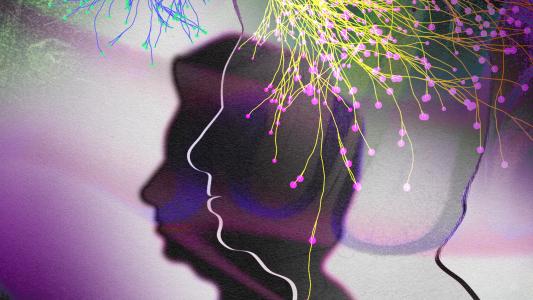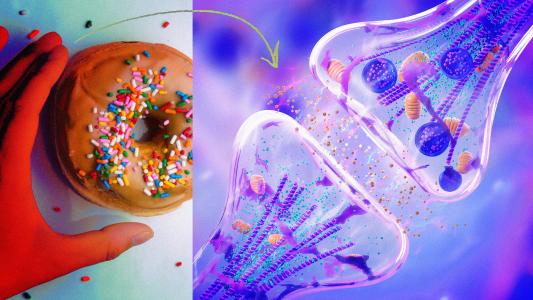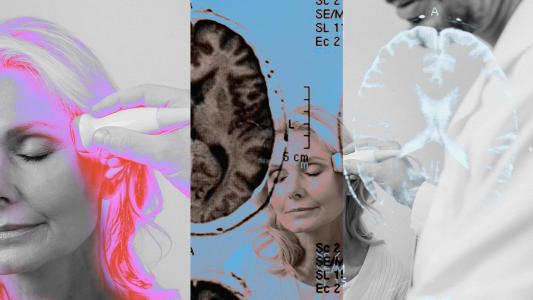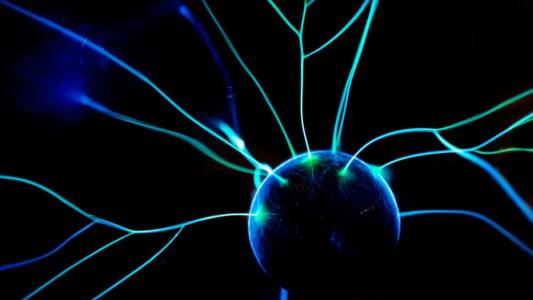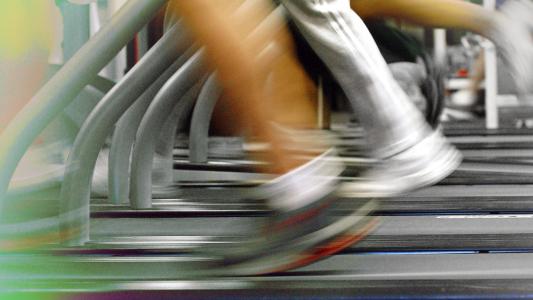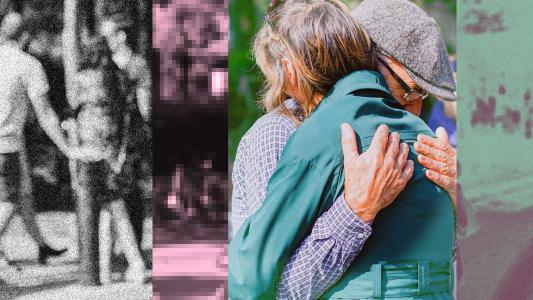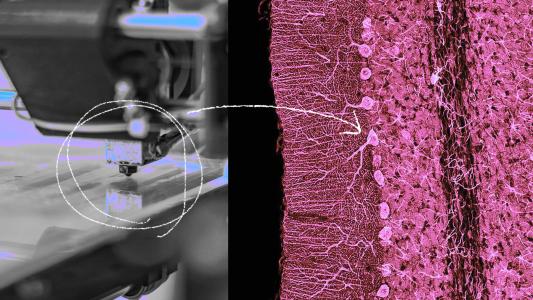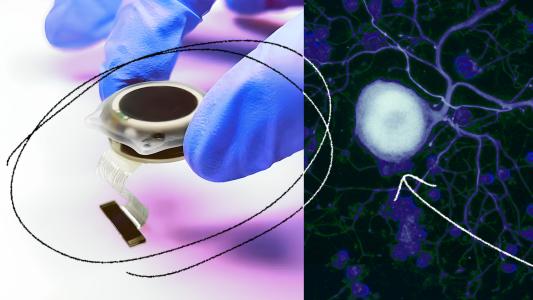Neuroscience
How cognition changes before dementia hits
Language-processing difficulties are an indicator of amnestic mild cognitive impairment (aMCI), a risk factor for dementia.
Serotonin plays a key role in patience and impulse control, research says
Evidence suggests that there is in fact a neurological factor to the brain's ability to control impulses and manage patience.
How scientists are using sound waves to hack the brain
Korean researchers have developed a new form of ultrasound brain stimulation that could help the brain form new connections.
OpenBCI’s new VR headset reacts to your brain and body
OpenBCI is reshaping the relationship between humans and the virtual world with Galea Beta, a headset that measures the body and brain.
Evidence that gamma rhythm stimulation can treat neurological disorders is emerging
Researchers survey the therapeutic potential of noninvasive sensory, electrical, or magnetic stimulation of gamma brain rhythms.
Focus on right now, not the distant future, to stay motivated and on track to your long-term health goals
Research highlights three effective strategies to help you achieve your goals, including prioritizing short-term consequences.
Injections of brain protein reverse memory loss in mice
A protein called “KIBRA” could be the key to new Alzheimer’s treatments that don’t just slow disease progression, but reverse memory loss.
Scientists create the first “functional” 3D-printed mini brains
The first 3D-printed brain organoids that function like natural brain tissue could lead to breakthroughs in neuroscience.
Scientists scrutinize happiness research
Scientists dig into the research on happiness and find there isn’t always sound evidence behind recommended strategies for achieving it.
Elon Musk’s Neuralink has implanted its first device in a human being
Now that Neuralink has implanted a device in a person, CEO Elon Musk is closer to his goal of making brain chips common in the future.
